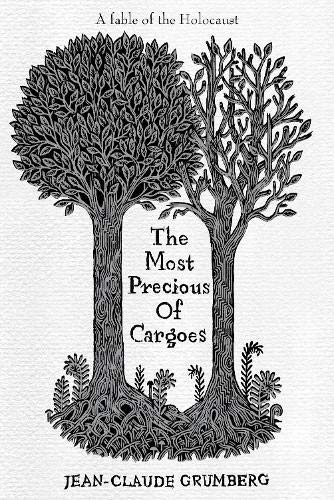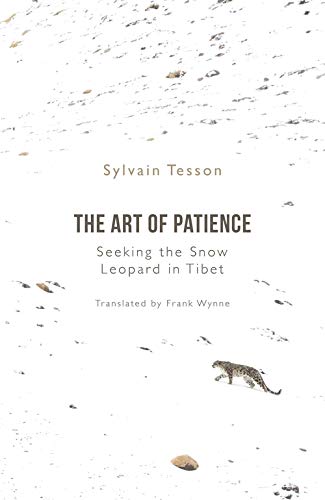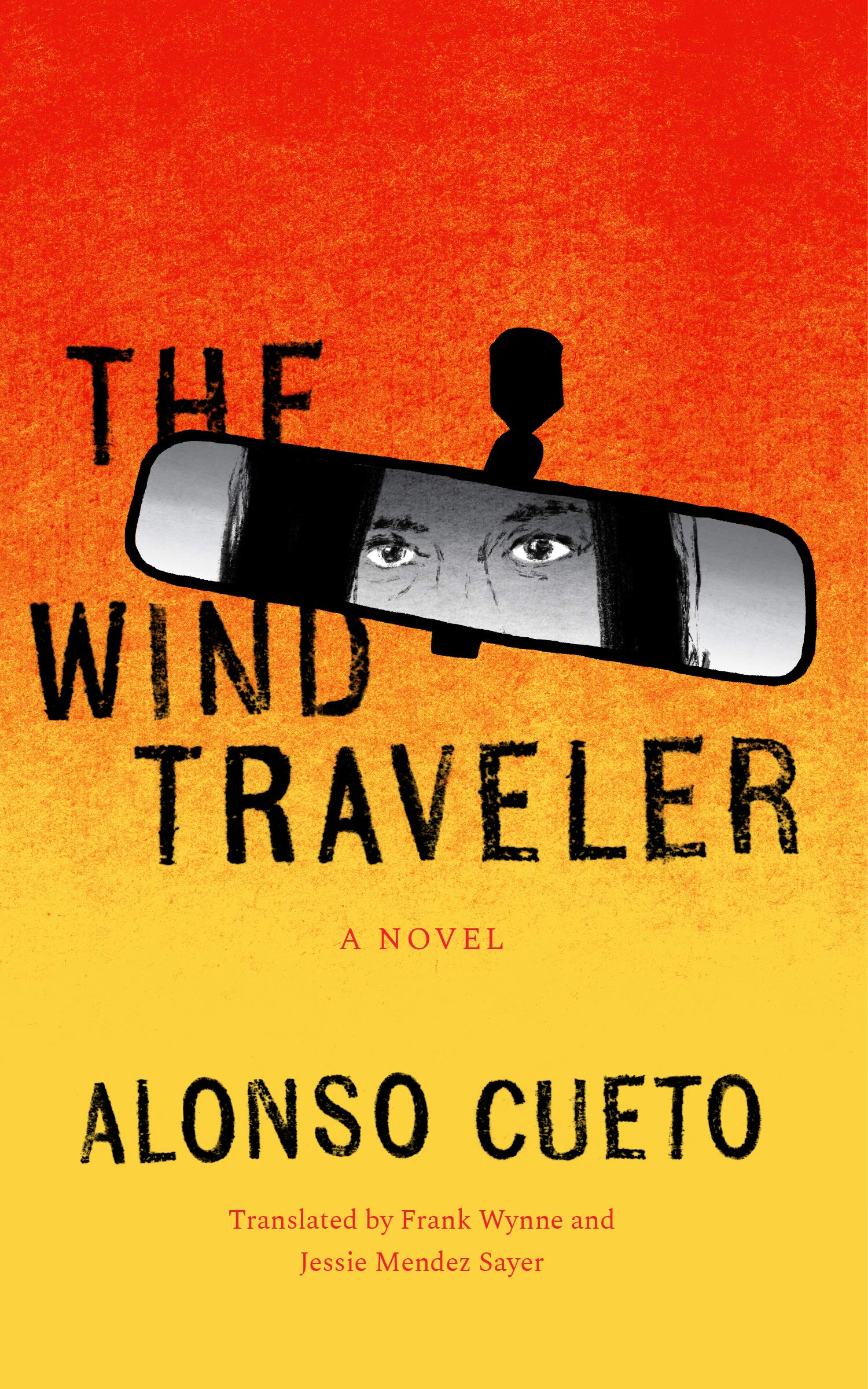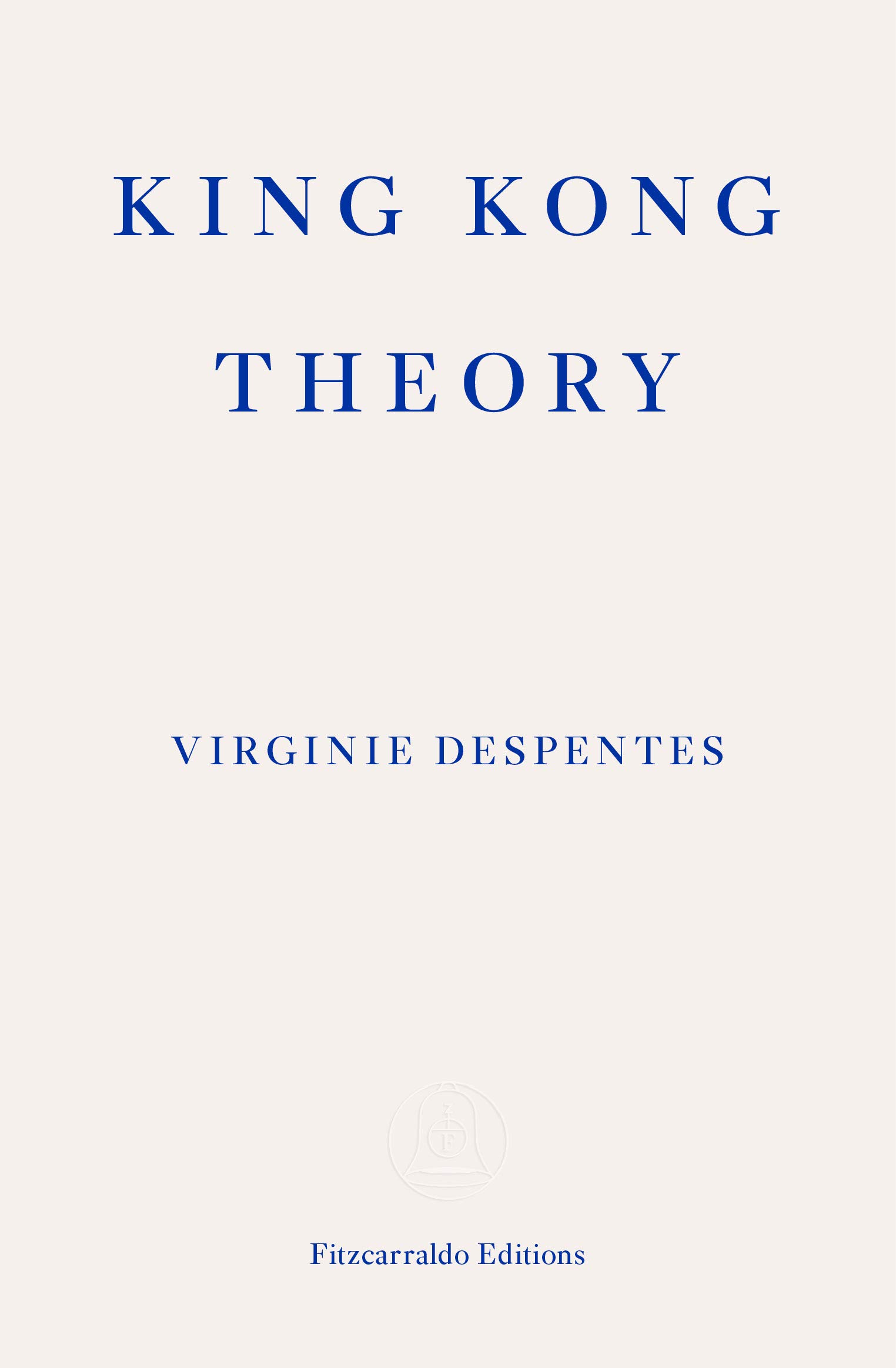‘I can think of almost no book I’ve enjoyed in recent years as much as King Kong Theory – in part for its content, in part for the ferocity of its style. In a world that continues to have difficulty contending with sex work, porn, class, and sexual violence without resorting to tired tropes, Virginie Despentes offers a fresh, necessary, inspiring path forward, just as she has been doing for decades now in a variety of media. This book is a classic, and I’m so grateful for it.’
— Maggie Nelson, author of The Argonauts
‘I love King Kong Theory. It’s a fuck-you push-back against a blood-sucking patriarchal culture that keeps murdering and raping women till they get the idea (the survivors, ha) that they should be stupidly grateful to serve men, just lucky to even be allowed to play. This is liberatory galloping prose, inhale it now and if you’ve read it before read it again in this new jangling translation, ornery and alive like we need to be. This short fiery book is essential.’
— Eileen Myles, author of Chelsea Girls
‘In the dire age of corporatized and sanitised feminism, King Kong Theory is the radical – and darkly funny – manifesto we need.’
— Amelia Abraham, author of Queer Intentions
‘Despentes is often described as a “rock-and-roll” Balzac … She also resembles, by turns, William Gibson, George Eliot and Michel Houellebecq, with a sunnier attitude.’
— Chris Kraus, author of I Love Dick
‘Part-memoir, part-critical treatise on masculinity and power, with reference to rape, pornography, and prostitution, King Kong Theory is the kind of book you want to place in the hands of everyone you know. It is arresting from the very first lines; there’s something aggressively incantatory about it, a kind of battle-rap braggadocio.’
— Lauren Elkin, Harper’s
‘Wynne’s translation perfectly captures the radicality of Despentes’s manifesto as she discusses topics such as rape, sex work, and pornography with such confrontational panache that you feel as if the writer herself is screaming her words at you through a megaphone. The manifesto is already a classic but Wynne finally offers us a translation as brash and effortlessly cool as Despentes herself.’
— Barry Pierce, Irish Times
‘Despentes has become a kind of cult hero, a patron saint to invisible women: the monstrous and marginalized, the sodden, weary and wildly unemployable, the kind of woman who can scarcely be propped up let alone persuaded to lean in.’
— Parul Sehgal, New York Times
‘A prequel to #MeToo. A unique queer feminist radical voice that has been crucial to the transformation both of fiction writing and political action in the 2010s.’
— Paul B. Preciado, author of An Apartment on Uranus
‘A manifesto for our times.’
— Paris Review
‘Perhaps the most honest account of gender to have been written in the twenty-first century, King Kong Theory […] is a piece of work that has shaped perceptions of femininity globally. …The book also serves as a sort of prelude to #MeToo; it screamed the need for such a movement before social media did so.’
— W
‘The feminist movement needs King Kong Theory now more than ever. A must-read for every sex worker, tranny, punk, queer, john, academic, pornographer – and for all those people who dislike them too.’
— Annie Sprinkle
‘The history of literature in translation is filled with good and bad matches. Great matches – Juliets who get their Romeos, with not a single suicide along the way – are few. The new novel Vernon Subutex 1, written by Virginie Despentes and translated from French by Frank Wynne, is the kind of match that is so great it won’t occur to readers that these two entities – author and translator – might have ever been apart. In fact, their prose is so powerful, and so perfect, that we forget we’re even reading.’
— Jennifer Croft, LA Review of Books
‘[Despentes] redefined French feminism in her 2006 manifesto King Kong Theory. … Today King Kong Theory, with its account of Despentes’s rape, is the book she is most often asked to sign at events.’
— Angélique Chrisafis, Guardian
‘Virginie Despentes is a true original, a punk-rock George Eliot with a keen taste for the pitiable innards of her characters: no one else has her slyly penetrating eye, her spiky sense of humor, her razor wit that cuts like wire through the accumulated crud of our age’s default thought patterns.’
— Alexandra Kleeman, author of You Too Can Have a Body Like Mine
‘France has a long tradition of writers and artists who have propagated their own challenging visions of sexuality – from the Marquis de Sade’s sadomasochistic reveries to Georges Bataille’s explorations of the ambiguity of sex as a subversive force in Blue of Noon. More recently, Michel Houellebecq’s work has included unsparing descriptions of sexual conquest. But it is only relatively recently that women have felt able to tackle these same themes in public. … Despentes’s new book, King Kong Theory, gives them a manifesto. Part memoir, part political pamphlet, it is a furious condemnation of the “servility” of enforced femininity and was a bestseller in France – the title refers to her contention that she is “more King Kong than Kate Moss.”’
— Elizabeth Day, Observer
‘A galvanising, bold collection of short essays, it gallops through feminist talking points.’
— Laura Waddell, The Scotsman
‘You have to take Despentes with a pinch of salt: her writing is often ambiguous and, in places, she is purposefully difficult, misleading and incongruous. This is also the book’s strength. She is restless, keen to move forward, and in doing so her prose is scatty, brilliant and unflinching.’
— Bryony White, Elephant
‘King Kong Theory still feels fresh, and it definitely shouldn’t fall out of print until its targets lose their stranglehold on women everywhere.’
— Megan Volpert, PopMatters
‘Despentes’ vernaculared theory is engaging, and the rhetoric littered throughout the book is often uniquely insightful.’
— Elinor Potts, Radical Art Review
‘This is an important read for those wanting to hear from survivors of assault, as it presents a perspective that is not sanitised for the public eye. The manifesto should be read for what it is: the individual rallying against a system she knows she cannot win against, but similarly knows she can push against in a way that works for her and could, perhaps, work for those with similar beliefs.’
— Shameera Nair Lin, Lucy Writers
 Once upon a time in an enormous forest lived a woodcutter and his wife. The woodcutter is very poor and a war rages around them, making it difficult for them to put food on the table. Yet every night, his wife prays for a child.
Once upon a time in an enormous forest lived a woodcutter and his wife. The woodcutter is very poor and a war rages around them, making it difficult for them to put food on the table. Yet every night, his wife prays for a child. The Art of Patience sees the renowned French adventurer and writer set off for the high plateaux of remotest Tibet in search of the elusive snow leopard. There, in the company of leading wildlife photographer Vincent Munier and two companions, at 5,000 metres and in temperatures of -25ºC, the team set up their hides on exposed mountainsides, and occasionally in the luxury of an icy cave, to await a visitation from the almost mythical beast.
The Art of Patience sees the renowned French adventurer and writer set off for the high plateaux of remotest Tibet in search of the elusive snow leopard. There, in the company of leading wildlife photographer Vincent Munier and two companions, at 5,000 metres and in temperatures of -25ºC, the team set up their hides on exposed mountainsides, and occasionally in the luxury of an icy cave, to await a visitation from the almost mythical beast. The Wind Traveler showcases the mesmerizing storytelling of Alonso Cueto at the top of his career. At the heart of his latest work is a seemingly ordinary man named Ángel, who sells kitchenware at a store in Lima. In the early 1990s, he had served as an army soldier, engaging in brutal acts whose aftermath still reverberates. He is forced to reckon with his past when a woman he was instructed to kill enters the store and buys a few items. How can she still be alive? What’s more, how can she not recognize Ángel? Remarkably, she asks him to deliver her purchases to her house. From this moment, Ángel feels compelled to make amends through any means necessary, even if it requires sacrificing his life of quiet retirement.
The Wind Traveler showcases the mesmerizing storytelling of Alonso Cueto at the top of his career. At the heart of his latest work is a seemingly ordinary man named Ángel, who sells kitchenware at a store in Lima. In the early 1990s, he had served as an army soldier, engaging in brutal acts whose aftermath still reverberates. He is forced to reckon with his past when a woman he was instructed to kill enters the store and buys a few items. How can she still be alive? What’s more, how can she not recognize Ángel? Remarkably, she asks him to deliver her purchases to her house. From this moment, Ángel feels compelled to make amends through any means necessary, even if it requires sacrificing his life of quiet retirement. ‘I write from the realms of the ugly, for the ugly, the frigid, the unfucked and the unfuckables, all those excluded from the great meat market of female flesh, and for all those guys who don’t want to be protectors, for those who would like to be but don’t know how, for those who are not ambitious, competitive, or well-endowed. Because this ideal of the seductive white woman constantly being waved under our noses – well, I’m pretty sure it doesn’t exist.’
‘I write from the realms of the ugly, for the ugly, the frigid, the unfucked and the unfuckables, all those excluded from the great meat market of female flesh, and for all those guys who don’t want to be protectors, for those who would like to be but don’t know how, for those who are not ambitious, competitive, or well-endowed. Because this ideal of the seductive white woman constantly being waved under our noses – well, I’m pretty sure it doesn’t exist.’